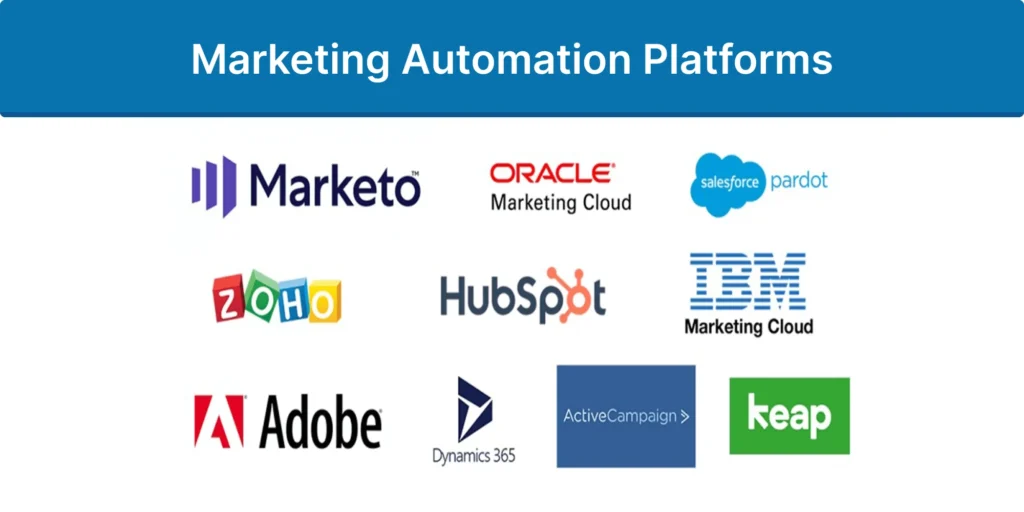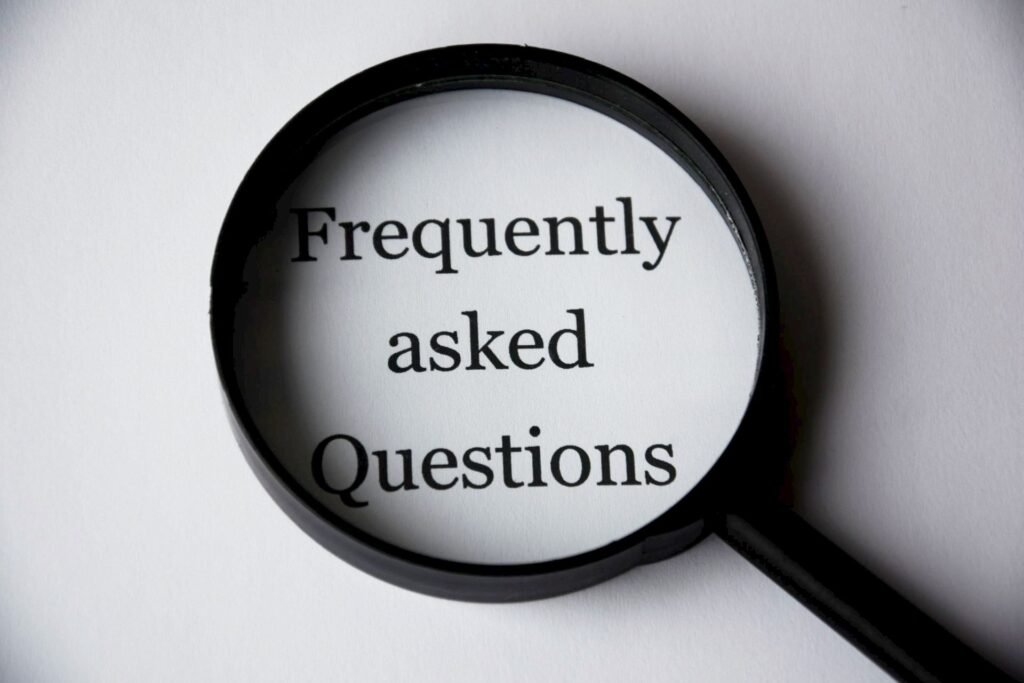The Ultimate Guide to Marketing Automation Tools
In today’s digital-first world, marketing automation tools are no longer a luxury — they’re a necessity. Whether you’re running a startup, managing a marketing team, or scaling an enterprise, automation can help you streamline campaigns, nurture leads, and boost conversions with less manual effort.

What Are Marketing Automation Tools?
Marketing automation tools are software platforms that help marketers automate repetitive tasks such as email marketing, social media posting, ad campaigns, and more. They enable businesses to deliver personalized experiences at scale, analyze campaign performance, and nurture leads more effectively through the sales funnel.
Key Benefits of Marketing Automation
- Increased Efficiency
Automate time-consuming tasks like follow-up emails and social scheduling, freeing your team for creative work. - Personalization at Scale
Use customer data to deliver tailored content across email, SMS, web, and ads. - Lead Nurturing and Scoring
Automatically move leads through the funnel with personalized content and assign scores to prioritize sales outreach. - Better ROI Tracking
Understand what’s working with built-in analytics and attribution models.

Top Marketing Automation Tools to Consider
Here are some of the top-performing platforms for 2025:
1. HubSpot
- Ideal for: Small to mid-size businesses
- Features: CRM integration, email automation, workflows, social media tools
- Strength: Intuitive interface and robust free tier
2. ActiveCampaign
- Ideal for: Email-heavy marketers and small businesses
- Features: Email marketing, site tracking, automation workflows, CRM
- Strength: Excellent for advanced segmentation and behavior-based automation
3. Mailchimp
- Ideal for: Beginners and small businesses
- Features: Email campaigns, landing pages, ads, basic automation
- Strength: Easy to use with a generous free plan
4. Marketo (Adobe)
- Ideal for: Enterprises and B2B marketers
- Features: Lead scoring, complex workflows, ABM capabilities
- Strength: Deep analytics and powerful integrations
5. Klaviyo
- Ideal for: Ecommerce brands
- Features: Email/SMS automation, predictive analytics, customer data platform
- Strength: Tight Shopify and WooCommerce integration

Choosing the Right Tool
When evaluating tools, ask yourself:
- What are your team’s technical capabilities?
- What channels do you need to automate?
- How complex are your customer journeys?
- What’s your budget?
Final Thoughts
Marketing automation isn’t about replacing the human touch — it’s about amplifying it. By choosing the right tool and implementing it strategically, you can create more meaningful connections with customers while growing more efficiently.
FAQ: Marketing Automation Tools

1. What are marketing automation tools?
Marketing automation tools are software platforms designed to automate repetitive marketing tasks such as email campaigns, social media posting, lead nurturing, and ad management. These tools help streamline processes, improve targeting, and increase efficiency.
2. Why should businesses use marketing automation?
Marketing automation saves time, increases productivity, improves customer engagement, and allows for better personalization at scale. It also helps track customer behavior and optimize campaigns based on data-driven insights.
3. What are the most popular marketing automation tools?
Some widely-used tools include:
- HubSpot
- Mailchimp
- ActiveCampaign
- Marketo
- Pardot (Salesforce)
- Klaviyo
- Omnisend (for eCommerce)
Each offers different features tailored to various business sizes and needs.
4. How does marketing automation work with CRM systems?
Marketing automation tools often integrate with CRM systems to unify customer data. This enables more targeted messaging and helps align sales and marketing teams with a shared view of the customer journey.
5. Can small businesses benefit from marketing automation?
Yes, absolutely. Many automation platforms offer affordable plans for small businesses, helping them compete with larger brands by automating lead capture, email follow-ups, and social media engagement.
6. Is marketing automation only for email marketing?
No. While email automation is a core function, most platforms now include features like:
- SMS campaigns
- Social media scheduling
- Lead scoring
- Landing page creation
- Ad management
- Analytics and A/B testing
7. How do I choose the right marketing automation tool?
Consider your business size, budget, marketing channels, and integrations needed. Also look at:
- Ease of use
- Customization options
- Reporting capabilities
- Customer support and training


